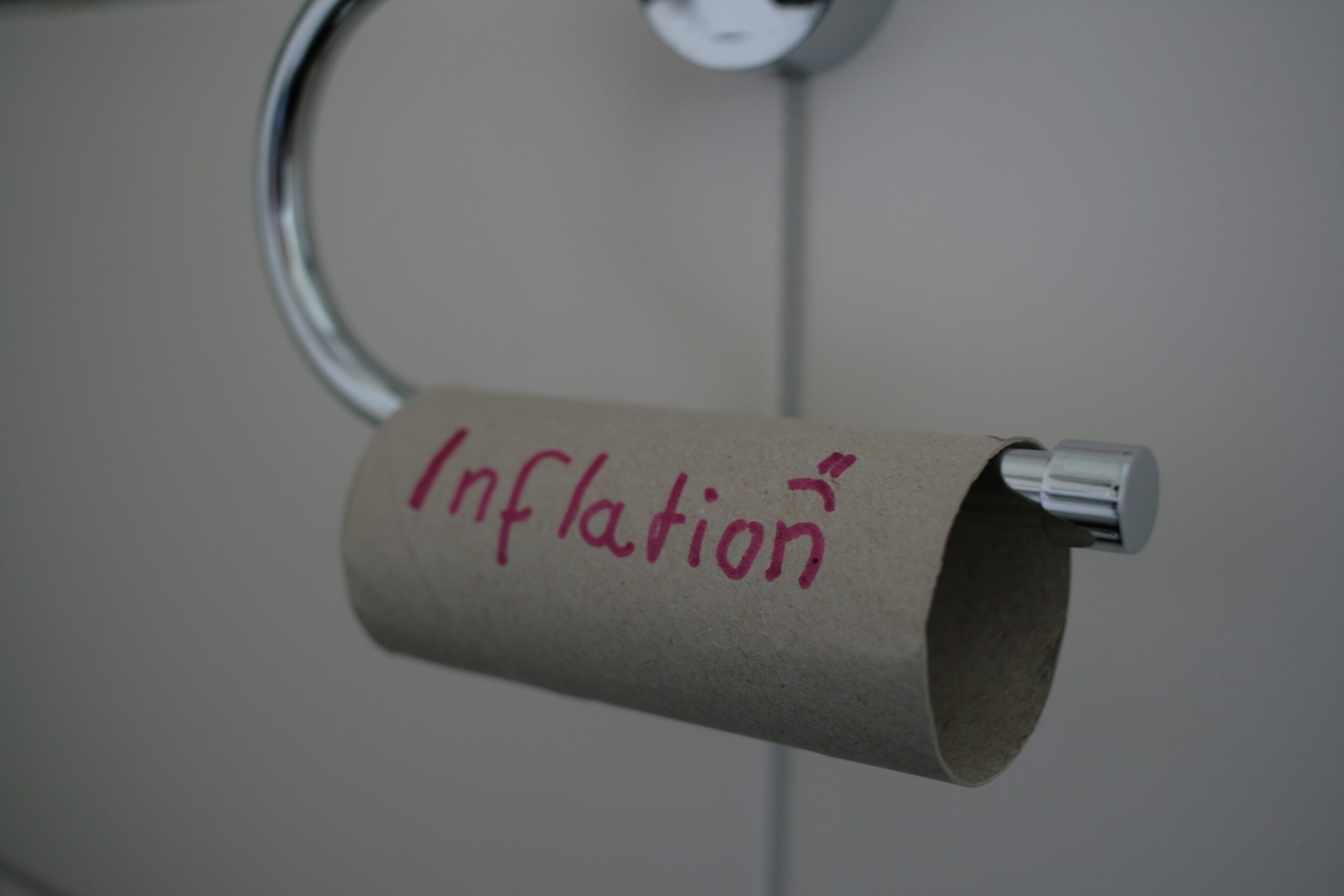Inflation in the UK reached 11.1% in the 12 months to October, according to The Consumer Price Index (CPI).
This is the highest recorded since 1981, although the government has begun to intervene in the cost of living.
Will rising commodity costs and energy prices fall in the future along with inflation?
What Is Inflation
What is inflation that is often mentioned in our previous articles, and why is everyone so sensitive to inflation rates?
Inflation is the rise in prices over time, and the inflation rate can be found by comparing the price of the same item at different times.
Because prices rise and fall are not always affected by a single cause.
Therefore, controlling inflation requires not only stabilizing the current economy, but also controlling costs and taxes.
The inflation rate represents the overall price of goods over a period of time, and the cost of living for a household will be directly affected.
Why does inflation happen
The most critical reason for inflation, energy costs will be an important link in the industrial chain.
As petrol and gas prices rise, the cost of making and transporting food continues to rise.
Production or transportation manufacturers need to constantly adjust prices to ensure the normal operation of the enterprise, and product prices have to continue to rise.
Not only that, but the supply of grain and cooking oil was also affected by the war.
This has left most food and supplies hit with supply chains and prices over the same period.
Does Inflation Affect Wages
Our clients often ask if inflation will make them less pay.
In general, inflation doesn’t affect the salary figures, you still get a fixed amount of salary.
However, fixed wages are likely not to keep pace with rising inflation.
This results in people needing to spend more money on basic living.
In a sense, inflation makes money worth less.
What Next?
With policy changes, ending inflation is likely to be a long process.
Our accounting team recommends you reduce your mortgage and increase your personal savings to reduce future risk.
The Bank of England usually raises lending rates to keep inflation in check, making it difficult for people to borrow.
On the contrary, the interest rate on bank savings will increase at this time. This means saving brings higher returns.




